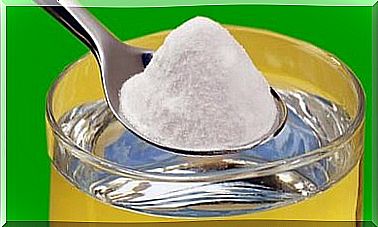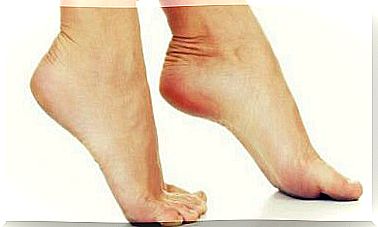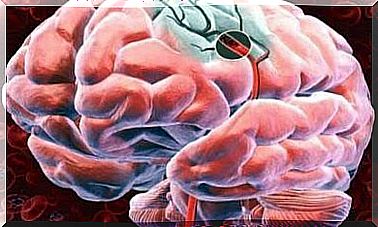Blood Drawing At The Doctor: Why Is It Important That You Are Sober?
In general, patients should not eat or drink anything for at least 8 hours before having their blood drawn. However, this also depends on the type of blood test you want to do. In today’s article, we’ll explain why that is.
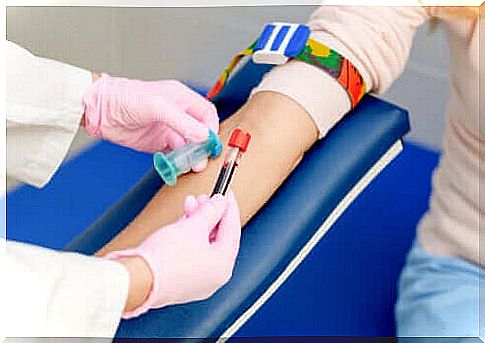
Blood tests are one of the most common medical tests because they provide a wide range of information about a person’s health. In fact, they are a routine and basic procedure in almost any medical intervention. Generally, patients must fast before blood draws. This means that you are not allowed to eat or drink anything at least eight hours beforehand. Therefore, the blood sample should ideally be taken in the morning.
Blood tests will help in the analysis of various parameters. Often times, doctors will order special tests to confirm or rule out a suspected diagnosis. However, many values are routinely checked. This is the case, for example, with blood sugar levels or a small blood count.
In today’s article we want to explain to you why you need to fast before blood draws. Why is it so important that you are not allowed to drink or eat anything at least eight hours beforehand?
We will answer these and other questions below.
What are blood tests done for?
Blood tests consist of first drawing a certain amount of blood from the patient and then examining this sample in the laboratory. The results of this analysis enable the doctor to examine various physical aspects more precisely, which enables him to draw certain conclusions about the general health of the patient. In addition, the results can provide information about the condition of a specific organ.
Generally, blood tests include a hemogram. This provides an overview of the concentration of various cells in the blood. In other words, red and white blood cells and platelets. In addition, it can be seen whether these cells are normally shaped or not.
In the same way, blood tests allow the analysis of various biochemical values. For example, the level of glucose or iron in a patient’s blood. Various other values are also collected: cholesterol, triglycerides, thyroid enzymes, urea, etc.
All of these parameters are fundamental to recognizing a particular disease. For example, the thyroid enzyme level helps detect a thyroid disease. Iron levels and other parameters can also help a doctor determine the existence and severity of anemia.
Furthermore, blood tests can also help in identifying potentially existing tumors. These tumors secrete certain substances that are in the blood.
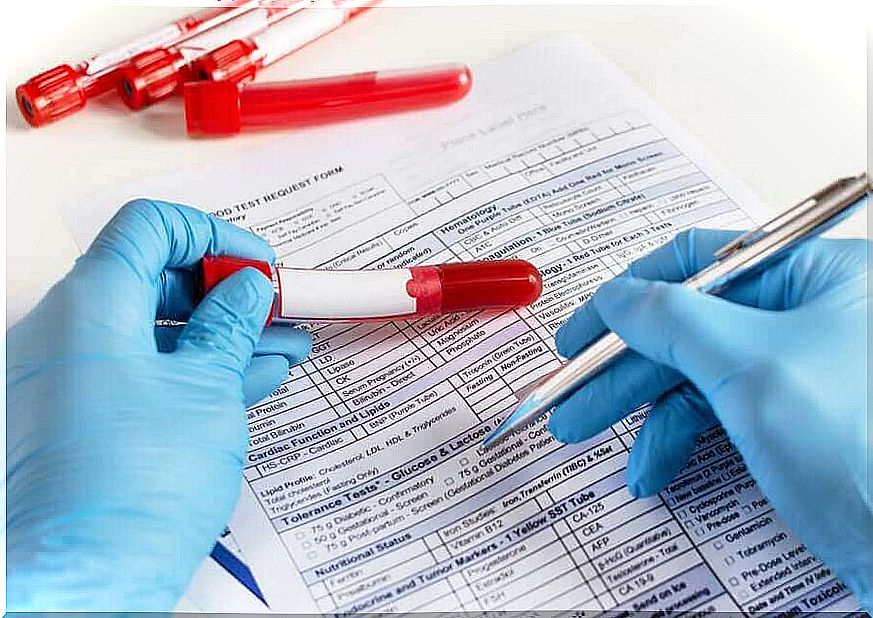
Why is it important to stay sober before having a blood draw?
When the day comes when you need to go to have your blood drawn, it’s important that you fast at least eight hours in advance. In other words, you are not allowed to eat or drink anything (other than water) the night before. This is because your blood absorbs food and drink, which in turn could change certain parameters.
Whether and how long you actually have to fast depends on the individual case, more precisely on the blood tests that are to be carried out. For example, if your doctor only ordered a hemogram, then fasting may not be necessary at all. But if he wants to check your glucose levels, you’ll need to fast for at least eight hours and kids for at least three hours.
In addition, to examine thyroid function, it is sufficient to stay empty four hours before the blood sample is taken. If your cholesterol level is analyzed, your doctor may order you to fast for up to 12 hours.
However, there are other factors that can play a role here. One of these is medication that you are taking. Certain medications, like foods, can change blood values. In general, doctors are aware of this fact and will therefore be able to tell you whether or not to pause.
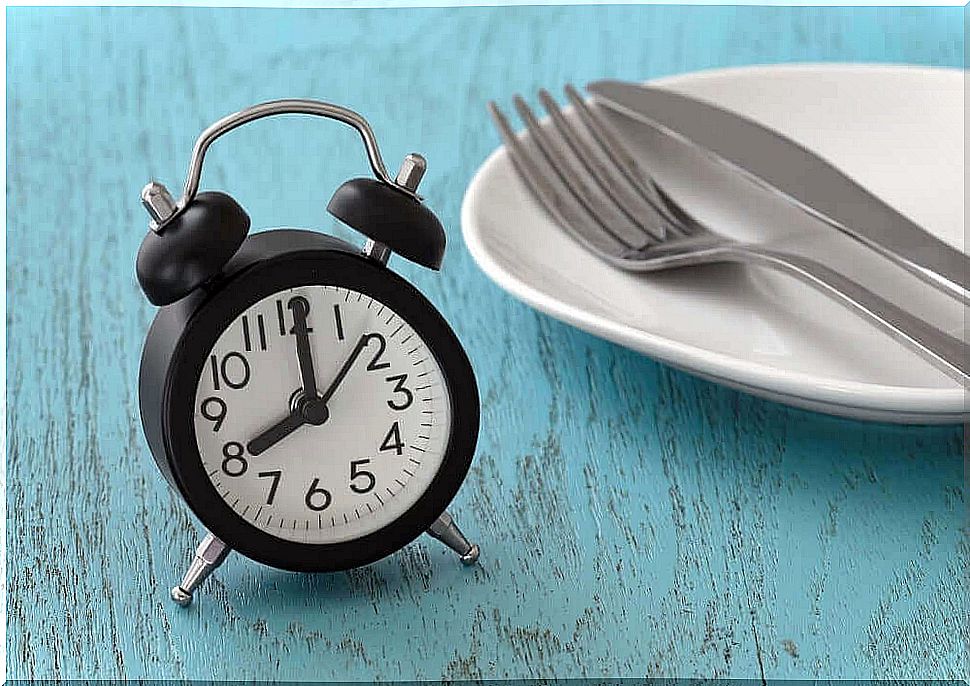
What else should you pay attention to?
Your healthcare professional may provide you with additional recommendations before the blood sample is taken to ensure that the values are as reliable and meaningful as possible. First of all, in addition to fasting shortly before the blood draw, you should also refrain from smoking. This is because tobacco can alter your glucose levels.
If you are thirsty, you can quench it with a little water. However, the consumption of alcoholic beverages before a blood sample is of course absolutely forbidden. In addition, you shouldn’t do any sport the day before, because that too can change certain parameters.
Either way, you should ask your doctor for the exact instructions for your specific case. As we mentioned earlier, there are patients who need to stop taking certain medications while others don’t. In addition, not every patient has to appear on an empty stomach for a blood sample. Therefore, it is always best to carefully follow the instructions of your treating doctor.

